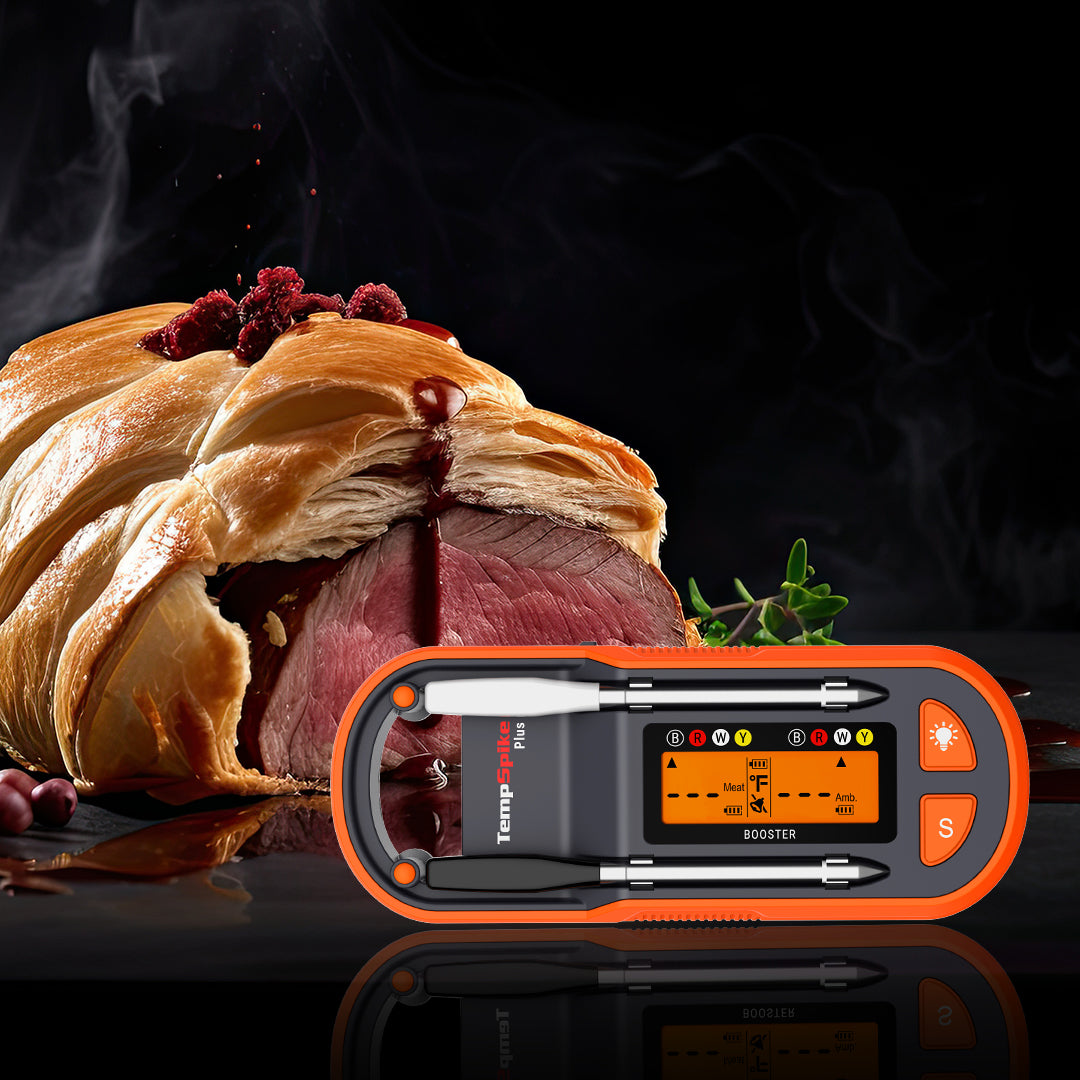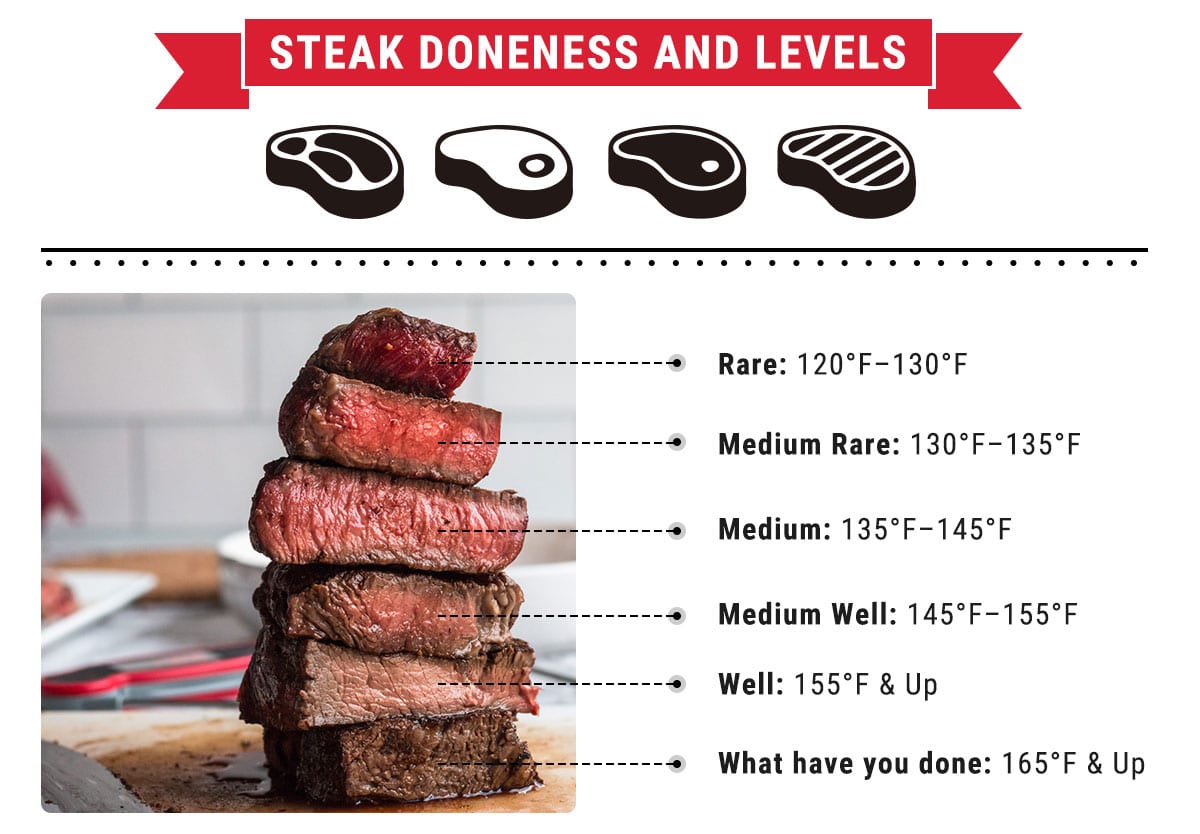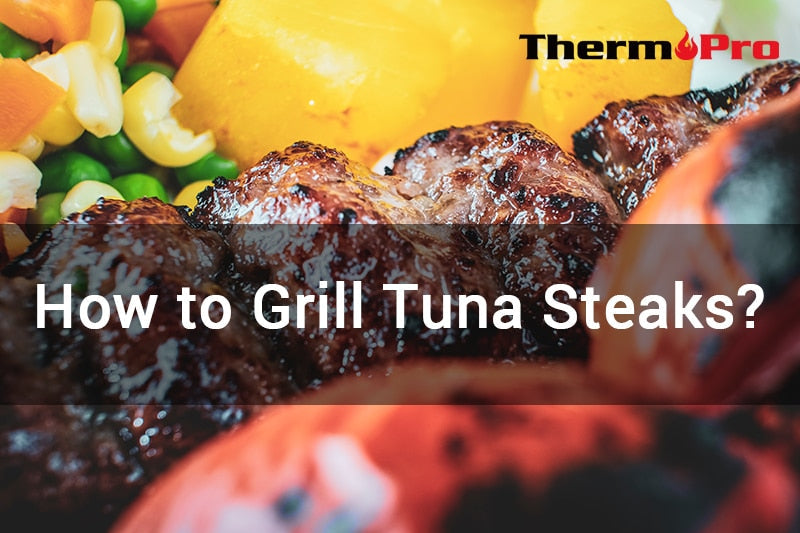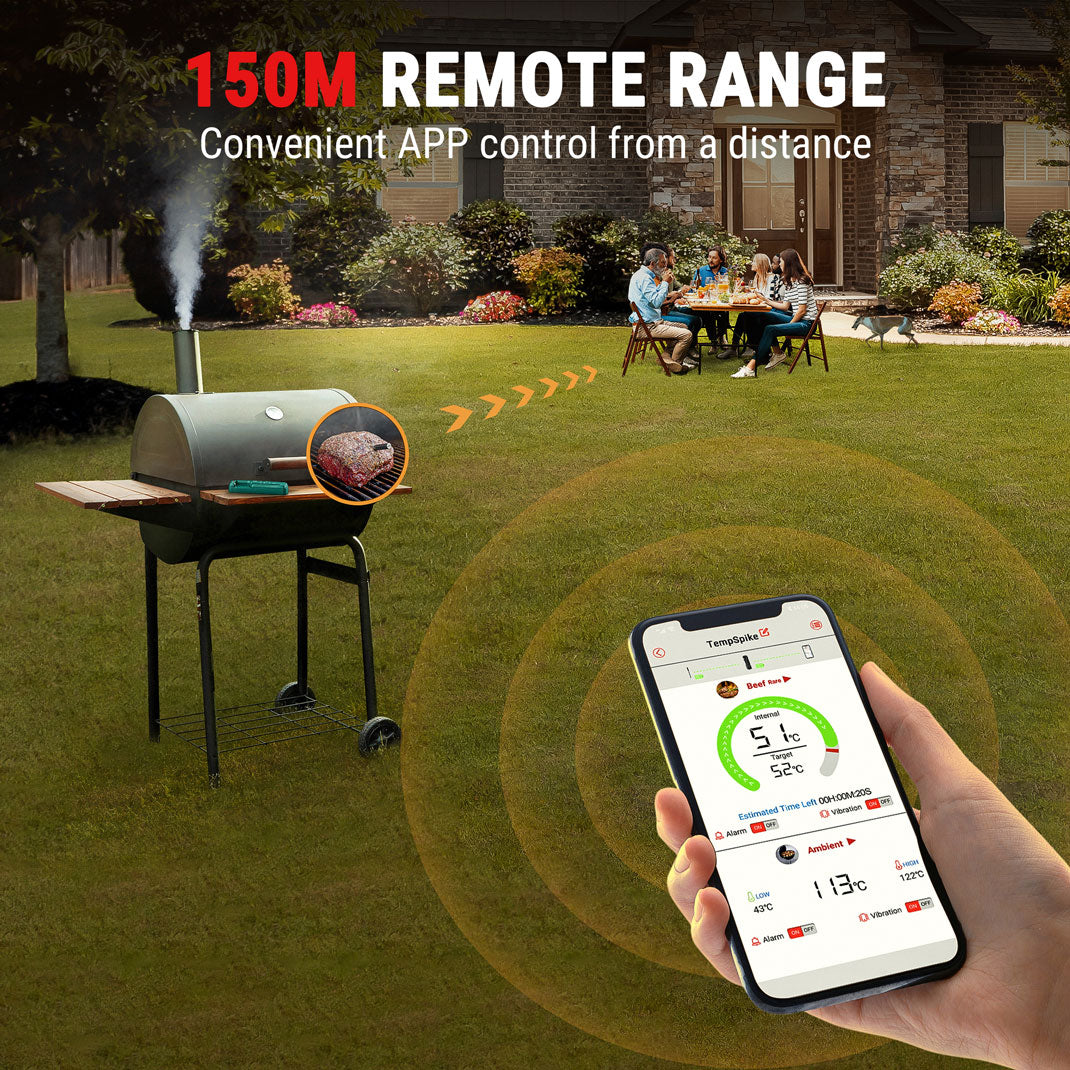/
Blog
BBQ History in the USA: A Short Guide

Last updated Jun 22, 2022





5.0
 288 Comments
288 Comments
Comments
You May Also Like

September 24, 2024
What Is the Most Accurate Meat Thermometer in 2024?
Find the most accurate meat thermometer in 2024! Ensure proper cooked meals every time with our guide to the top-rated thermometers.
Reed more >>

November 02, 2020
Meat Cooking Temperatures: Beef Temperature
Want to know the perfect USDA approved beef steak cook temp or need the exact internal temperature of a rare piece of beef? Follow this helpful guide!
Reed more >>

December 13, 2020
How to Grill Tuna Steaks?
If you're wondering what's the best temp to grill tuna steaks, you've come to the right place. We will teach you how to grill tuna steaks at home like a pro.
Reed more >>



























